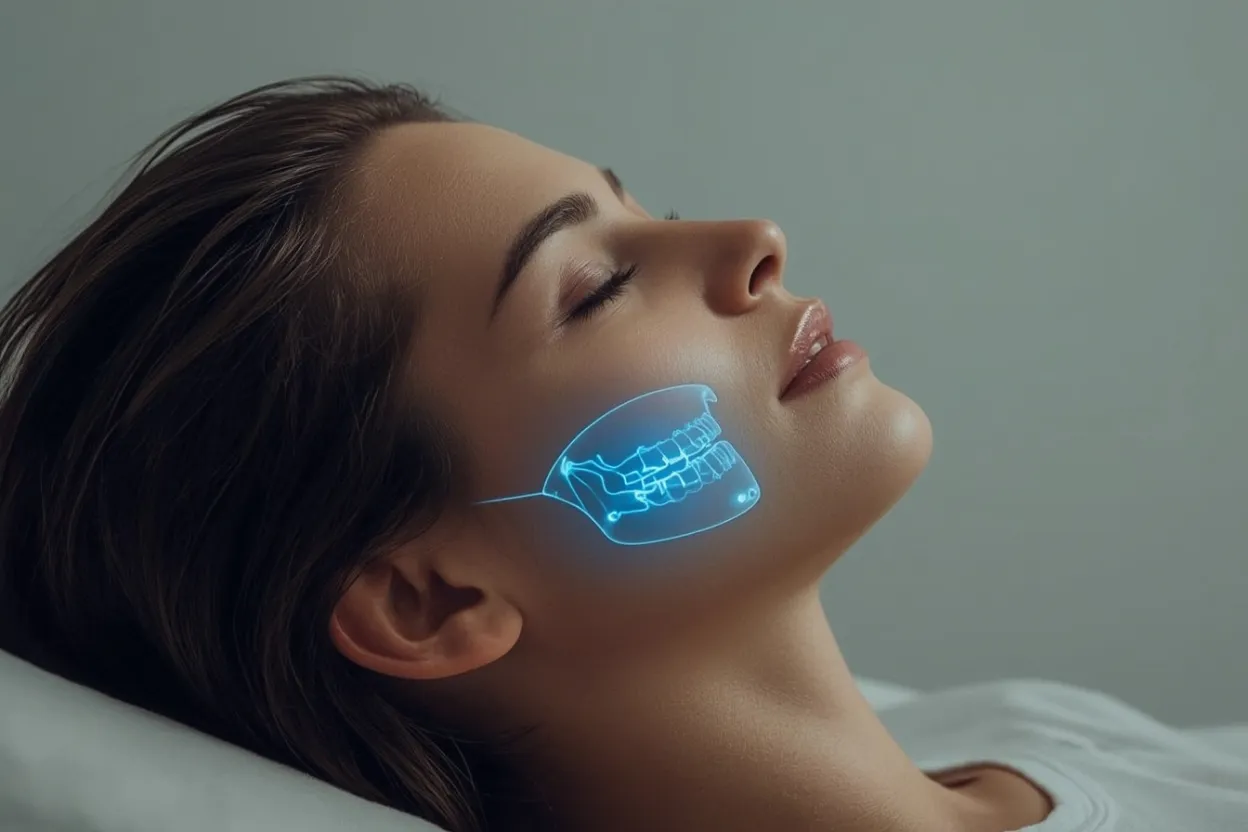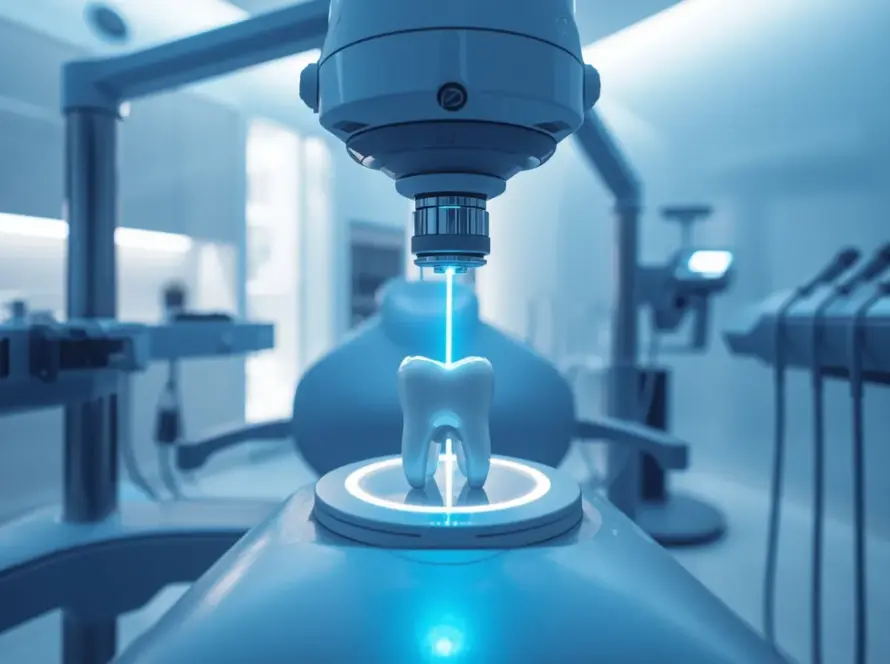Ever notice your jaw making weird clicking sounds, or maybe you get a little stabby pain near your ear every time you try to eat a burger? Welcome to the “fun” world of TMJ disorders. This tiny joint—basically the hinge connecting your jaw to your skull—runs the whole show when it comes to chewing, talking, yawning, or even just making that awkward small talk at parties.
When your TMJ gets out of whack (maybe from grinding your teeth, stress, or just bad luck), suddenly you’re dealing with headaches, earaches, jaw muscles tighter than your old skinny jeans, and even sleep that feels like you wrestled a bear all night. Here’s the good news: you don’t have to just live with it. Modern dentists have some seriously cool tricks up their sleeves that don’t involve scalpels or scary tools.
So What’s Really Going On With TMJ?
First off, “TMJ” is the name of the joint. “TMD” is the whole family of problems that mess with it. Why does it happen? Bunch of reasons—maybe you clench your teeth when you’re stressed (who doesn’t these days?), maybe your bite’s just a little off, maybe you took a softball to the jaw once. Could also be arthritis or just your body’s way of keeping things interesting.
Classic TMJ Red Flags
- Jaw clicking or popping (kinda like Rice Krispies in your face)
- Pain near your ears or temples
- Trouble chewing, or your jaw feels stuck
- Headaches, neck stiffness—sometimes even ringing ears for no reason
- Swelling or your face feeling tired after chewing gum or tough food
And here’s a weird one: the pain tends to flare up when you’re stressed or go hard on crunchy snacks.
How Dentists Figure It Out
A decent dentist won’t just tap your teeth and send you on your way. They’ll check your jaw, poke around a bit, maybe run some fancy digital scans (those 3D ones are wild), or use a bite analysis gadget to see if your teeth are playing nice or not.
No-Knife Fixes Dentists Actually Use
1. Night Guards (Occlusal Splints)
Basically a custom mouthguard you wear when you sleep. Stops you from grinding your teeth into sad little nubs and evens out the pressure on your jaw. Your teeth and joints will thank you.
2. Bite Adjustment
Sometimes your teeth don’t line up right and your jaw gets cranky about it. Dentists can gently reshape certain teeth so your bite finally makes sense again.
3. Jaw Exercises & Heat
Turns out, your jaw needs workouts too. Stretching routines, warm compresses, and sometimes a little ultrasound magic help loosen things up.
4. Botox or Trigger-Point Shots
Nope, not just for wrinkles. Tiny doses of Botox can relax those overworked jaw muscles, so you stop feeling like you chewed through a brick wall.
5. Braces or Aligners
If your bite is seriously sideways, sometimes you need the big guns—braces or clear aligners—to get everything lined up.
Do You Really Need Surgery? Probably Not.
Surgery is the absolute last resort. Dentists only go there if scans show real damage or a disc in your jaw’s gone walkabout. Stuff like flushing out the joint or using tiny cameras to clear out scar tissue—nothing to worry about unless your jaw’s really being dramatic.
Stuff You Can Do At Home
- Ditch the hard foods and super chewy gum for a while.
- Heat packs are your new best friend.
- Work on your stress game—yoga, deep breathing, whatever helps.
- Sit up straight (slouching makes jaws grumpy).
- Try sleeping on your back so you’re not squishing your face all night.
TMJ & Sleep: The Annoying Connection
TMD loves to wreck your sleep. All that clenching and grinding can lead to brutal mornings. Night guards are game-changers, especially paired with some chill-out routines before bed. Some folks even get jaw-positioning devices that stop snoring and mild sleep apnea. Bonus: your partner will thank you.
Real Life: Meet the IT Guy
So there’s this 34-year-old IT dude—let’s call him Mike. His jaw kept clicking, and his neck felt like concrete. Surprise, surprise: he was grinding his teeth like crazy. Dentist gave him a night guard, did a quick bite fix, and boom—pain basically vanished in three weeks. Six months in, his jaw looked way healthier on the scans. Not magic, just good dentistry.
Stop TMJ Before It Gets Ugly
Don’t wait till your jaw sounds like a haunted house. If you grind your teeth, get a splint. If your bite’s weird, fix it early. Keep stress under control (easier said than done, but still). And don’t ghost your dentist—regular checkups catch problems before they turn serious.
Conclusion
TMJ issues are a pain (literally), but you don’t have to live on soft foods and painkillers. Modern dentists have tons of non-surgical ways to get your jaw working right again. The sooner you deal with it, the better you’ll feel—and the faster you’ll get back to eating, talking, and sleeping like a normal human. Don’t just tough it out. Get it checked, get it fixed, and get your life back.



